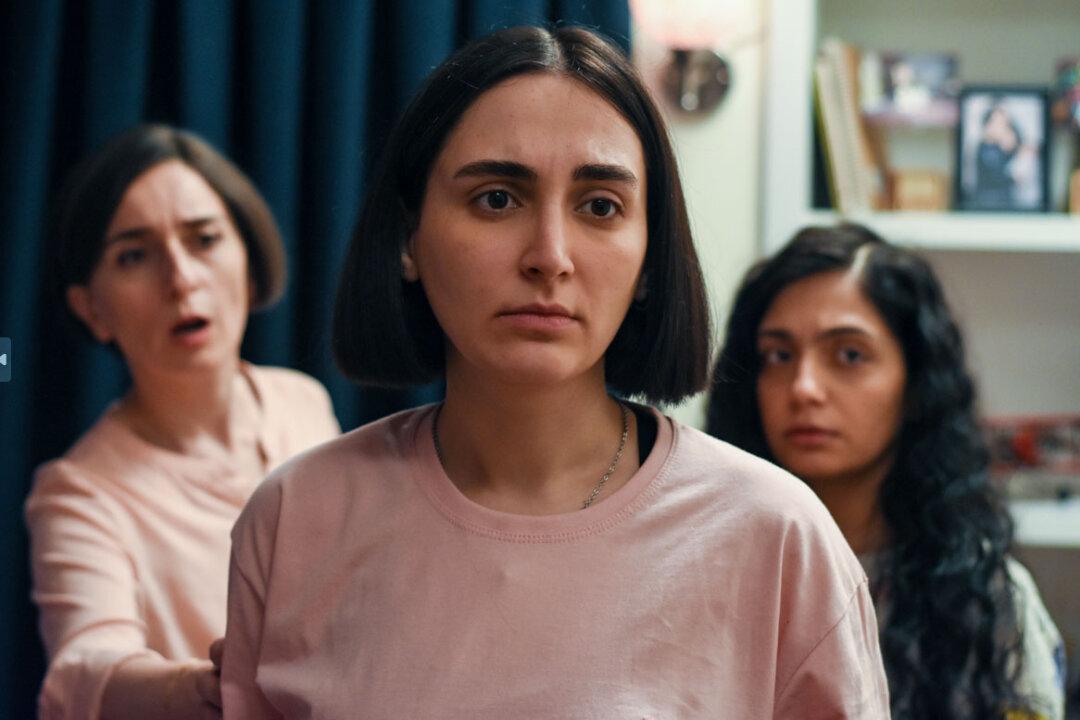PG-13 | 2h 48m | Drama | 2024
Tragically, Iman (Missagh Zareh) will soon start taking his work home to his family. The Iranian husband and father just received a promotion that qualifies him for many new government benefits. He and his wife Najmeh (Sohelia Golestani), however, remain tight-lipped discussing his work around their daughters. Iman is an investigating judge for the Islamic Revolutionary Court in contemporary Tehran, Iran.





